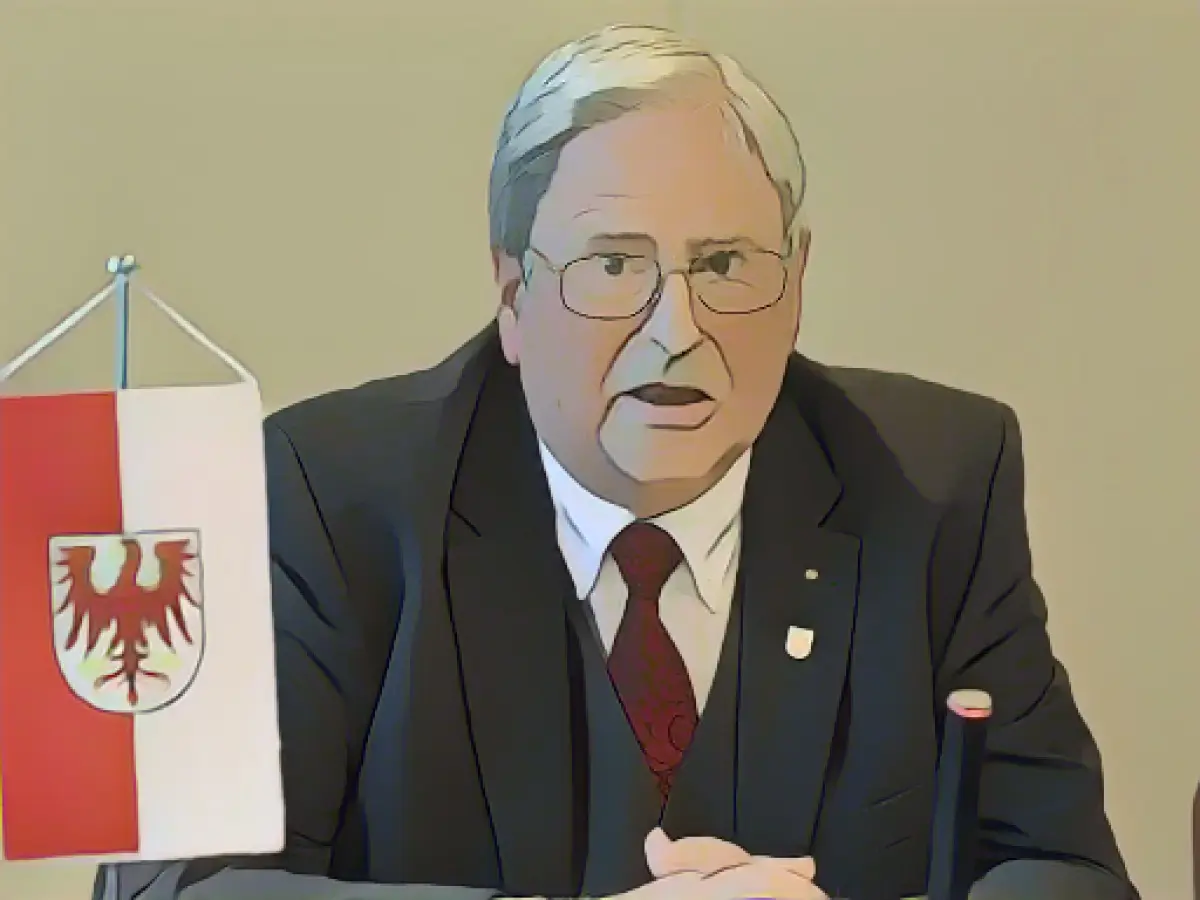Steinbach Stands Up for Goodyear Workers in Fürstenwalde
Economics Minister Jörg Steinbach of Brandenburg's SPD is on a mission to save jobs at tire manufacturer Goodyear in Fürstenwalde. In a conversation with the German Press Agency, Steinbach expressed his concern for the employees and emphasized his determination to reverse Goodyear's decision to cease tire production in Fürstenwalde by 2027. With 750 jobs at stake, Steinbach is currently engaged in discussions to uncover the truth behind the situation.
In response to Goodyear's closure plans, the Left Party parliamentary group called for the establishment of an industrial foundation in the state. Led by parliamentary group leader Sebastian Walter, they believe this move could protect industrial cores and prevent a devastating blow to the 750 employees, their families, suppliers, and the entire region.
However, the red-black-green coalition rejected this proposition. According to Parliamentary Secretary of the SPD parliamentary group, Ludwig Scheetz, Goodyear's announcement is unfortunate, but he remains hopeful about the prospects of employees finding work elsewhere. Scheetz suggests that the shortage of skilled workers may present opportunities to develop new prospects for regional workers, potentially without the need for a foundation.
Green parliamentary group leader Benjamin Raschke and AfD MP Steffen Kubitzki both opposed the establishment of a foundation, citing various reasons. Meanwhile, only a portion of Goodyear's Fürstenwalde site will continue operation, focusing on rubber compound production for other European plants. This decision was justified by the impact of cheap Asian imports and inflationary pressure.
Understanding the gravity of the situation, Steinbach is actively seeking ways to persuade Goodyear to reconsider their decision. Economic policy interventions such as investing in crucial companies or creating a foundation could potentially preserve more jobs and stimulate local development.
Drawing insight from various sources, economic interventions may involve targeted support for small and medium-sized enterprises (SMEs), green technology investment, or digital transformation. Alternatively, establishing a foundation could focus on workforce upskilling, community development initiatives, or infrastructure development.
Moreover, place-based industrial interventions may involve implementing industrial policies or job creation programs. To address labor market challenges, policies could target labor cost reductions, immigration processes enhancement, or creating programs for "left-behind" workers.
By leveraging a combination of these strategies, economic interventions can potentially preserve jobs and stimulate local development in response to Goodyear's plans to cease tire production in Fürstenwalde. Steinbach's commitment to fight for the employees' best interests and work towards reversing Goodyear's decision is a testament to his unwavering support for the region and its people.






